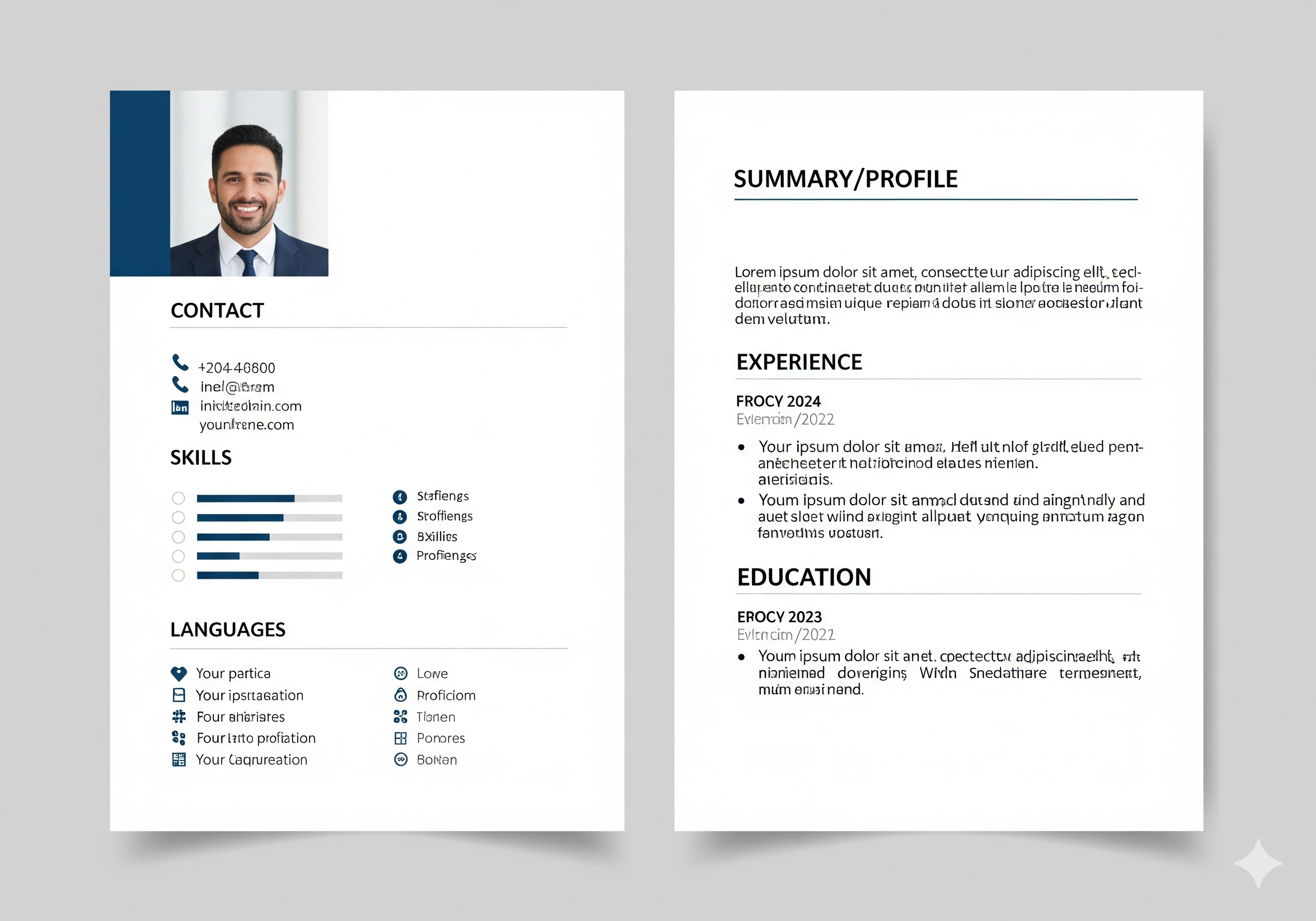



The staffing and recruitment world has come a long way from paper resumes and long interview processes. Technology has become a game-changer, transforming how companies find and hire the right people. From speeding up tasks to making better hiring decisions, let’s take a look at how tech is revolutionizing recruitment.
Artificial Intelligence (AI) has become a recruiter’s best friend. Tools powered by AI can quickly scan thousands of resumes to pick out the best candidates, saving time and cutting out the guesswork. You’ve probably heard of chatbots too — they help answer candidate questions, schedule interviews, and keep communication flowing, making the whole process smoother.
These days, it’s not just about gut feelings when it comes to hiring. Data-driven recruitment helps companies make smarter decisions. Tools that analyze data can predict how well a candidate will perform in a role, which helps avoid bad hires. Plus, companies can track important metrics like how long it takes to hire or the cost of hiring, and tweak their process to be more efficient.
Video interviews have become the norm, especially in a world where remote work is growing. Tools like Zoom and Microsoft Teams make it easy to meet candidates without needing them to come into the office. This opens up the talent pool, allowing recruiters to interview people from anywhere in the world, and saves everyone time and hassle.
An Applicant Tracking System (ATS) is like a digital assistant for recruiters. It helps manage everything from storing candidate data to ranking applicants based on the job requirements. With an ATS, it’s easier to keep track of candidates throughout the hiring process, making sure no one falls through the cracks.
Most job seekers today use their phones to apply for jobs. That means companies need mobile-friendly platforms where people can easily apply from their devices. Recruiters can also use mobile apps to connect with candidates on the go, making the whole process quicker and more flexible.
Platforms like LinkedIn, Twitter, and even Instagram are becoming key tools in recruitment. Recruiters can post job ads, reach passive candidates (those who aren’t actively looking but might be interested), and even directly message potential hires. Social media makes it easy to find people with specific skills and experiences.
After hiring, the next step is onboarding, and technology is making this easier too. Automated onboarding systems guide new hires through paperwork, training, and company policies without needing tons of manual work from HR. This helps new employees settle in faster and feel more comfortable from day one.
Blockchain technology is being used to verify candidates’ education, certifications, and experience. This technology ensures that all the information on a resume is legitimate without the hassle of lengthy background checks. It’s a faster and more secure way to ensure candidates are who they say they are.
Some companies are using gamification to make the hiring process more engaging. They create challenges, quizzes, and simulations that allow candidates to show their skills in a fun and interactive way. It’s a great way to test real-world skills while making the process less stressful for candidates.
Some companies are going even further by using virtual reality to test candidates. With VR, recruiters can create real-life scenarios where candidates have to solve problems related to the job. This allows companies to see how people perform under pressure and in situations they might actually face on the job.
The future of recruitment is going to get even more exciting. AI will become better at matching the right candidates with the right jobs, and new tools like virtual reality and blockchain will make the process even more efficient. Companies that embrace these changes will have the upper hand in finding and keeping top talent.
Technology is shaking up the staffing and recruitment industry in all the best ways. From using AI to speed up hiring to video interviews and data-driven decisions, these advancements are making it easier for companies to find the perfect fit. For candidates, it means a smoother, faster, and more personalized experience. As technology keeps evolving, so will the way we recruit, making the whole process better for everyone involved.